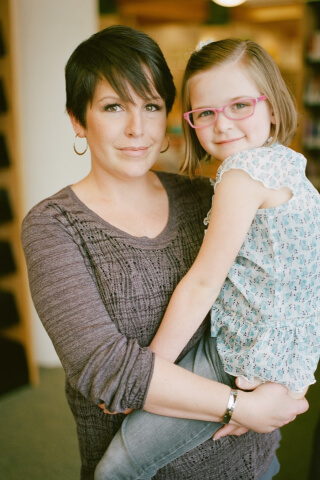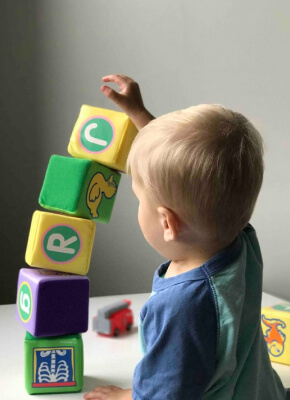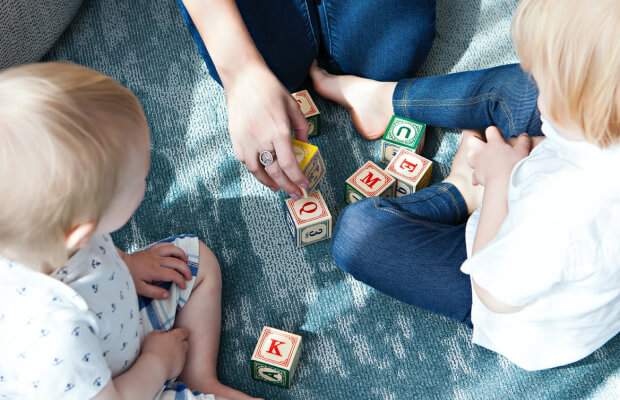Dental Care for Mom and Kids
Healthy Smiles for Families

Dental Care for Mothers and Children
A child’s smile is invaluable, and as mothers, we play a fundamental role in our children’s dental care. Teaching them good habits from an early age and setting an example in caring for our own teeth is key to maintaining strong oral health and preventing problems in the future.
Tips for Mothers
Healthy Habits at Home:
El primer paso para cuidar la sonrisa de tus hijos es enseñar con el ejemplo. Como mamá, puedes guiar a tus pequeños hacia buenos hábitos de higiene dental que durarán toda la vida. Desde crear rutinas divertidas hasta promover una dieta saludable, cada esfuerzo cuenta para una sonrisa feliz y saludable.

Every tooth in a man’s head is more valuable than a diamond.
Healthy Habits at Home:
Dental care starts at home. Brush your teeth with your children so they can imitate you and see the routine as normal and fun. Take time to show them how to brush properly, using an appropriate toothbrush and a small amount of fluoride toothpaste, if recommended by the dentist."
Healthy Eating:
Include foods rich in calcium and low in sugar, such as fruits, vegetables and dairy products, to strengthen teeth. Avoid sugary snacks or carbonated drinks, and offer water as the main drink. This helps prevent cavities in mothers and children.
Regular Checkups:
Maintaining regular visits to the dentist allows any dental problems to be detected early and ensures that both have a healthy smile. It is recommended that mothers take their children to the dentist at least once a year.
Correct Flossing:
As your children get older, teach them the importance of flossing to keep the spaces between their teeth clean. You can make it fun by practicing together and explaining how flossing helps remove food debris that a toothbrush can't reach. This way, your children will adopt this habit from a young age and be able to maintain good oral health."
Dental Care Tips for Children
First Care and Brushing:
Start brushing your child's teeth as soon as the first tooth appears. Use a soft children's toothbrush and a rice-sized amount of toothpaste if recommended by the dentist. Baby teeth are important and need care from the very first moment.
Games and Activities to Motivate Brushing:
Make brushing fun with songs, stories, or even timed challenges. Establish a daily morning and evening routine so children get used to and enjoy this activity.
First Visits to the Dentist:
The first dental visit should be before the first year. This helps children become familiar with the dental office and reduces anxiety at future visits. It is also an opportunity for mothers to learn more about their children's dental health.
Pacifier Use and Avoiding Prolonged Bottle Use:
Limit pacifier use and ensure that bottles are not used beyond 18 months, as prolonged use can affect the alignment of the teeth and the oral development of the child. Also avoid putting sugary liquids in the bottle to prevent the development of early cavities. Creating good habits from the beginning helps protect the dental health of the little ones.
Frequently Asked Questions
At what age should my child start using fluoride toothpaste?
From age two, but always consult a dentist as some cases may require fluoride sooner.
When should my child stop using a bottle?
Ideally, around 12 to 18 months to avoid 'baby bottle syndrome,' which can cause cavities due to constant contact with milk or sugary juices.
What do I do if my child grinds his or her teeth?
Bruxism is common in children and usually goes away with time. However, consult a dentist if the grinding is constant or affects the child's quality of life.
How often should my child visit the dentist?
It is recommended that children visit the dentist every six months, even if they do not have any visible problems. Regular visits help detect potential problems early and keep dental health in optimal condition.
What do I do if my child is afraid of going to the dentist?
Fear of the dentist is common in children. You can prepare them by talking positively about the experience and reading stories about dental visits. It is also useful to schedule the appointment at a time when the child is calmer and more rested.
How often should my child visit the dentist?
It is recommended that children visit the dentist every six months, even if they do not have any visible problems. Regular visits help detect potential problems early and keep dental health in optimal condition.
Is the use of dental sealants necessary in children?
Sealants are a preventive measure that helps protect molars from cavities. They are usually applied to permanent teeth from the age of six, but consult the dentist to evaluate whether they are recommended for your child.
What should I do if my child hits a tooth?
If the tooth is loose, broken or has completely come out, see a dentist immediately. Stay calm and, if it is a permanent tooth that has fallen out, place it in a container with milk or saline solution and take it to the dentist as soon as possible. Acting quickly can make all the difference.






A healthy smile, the beginning of a happy life.
Because every smile tells a story of self-care and self-love.
